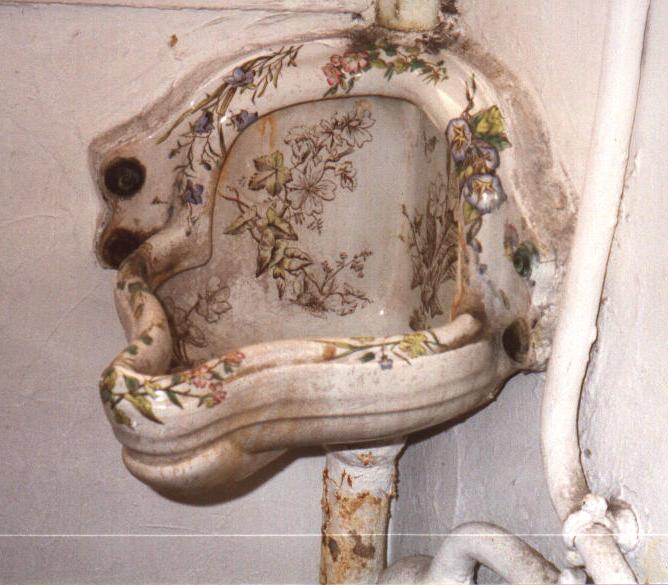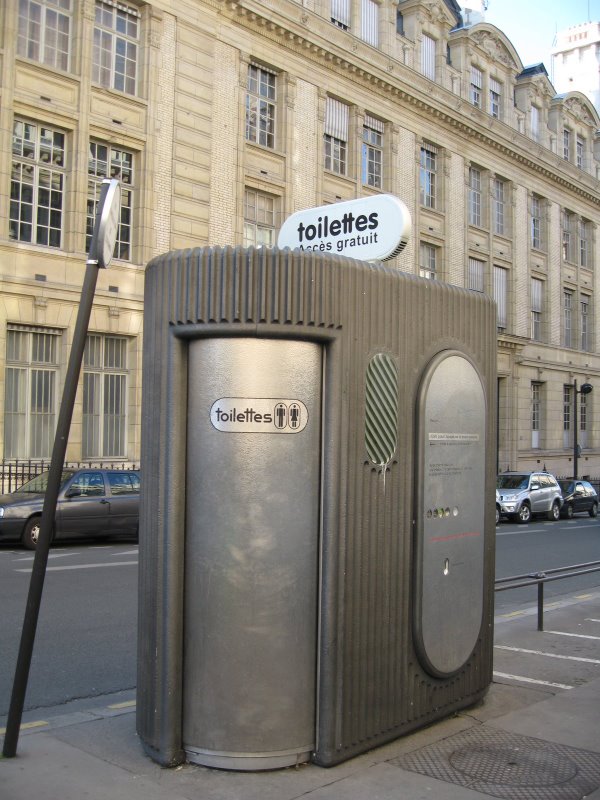The Western Mail in Wales reports the National Assembly’s Enterprise and Learning Committee has found education funding is so complicated schools are missing out on vital cash for basic facilities like clean toilets and classrooms as a result.
 It is calling on the Education Minister Jane Hutt to lift the “funding fog”, and also wants the Assembly Government to carry out an immediate survey of all school toilets.
It is calling on the Education Minister Jane Hutt to lift the “funding fog”, and also wants the Assembly Government to carry out an immediate survey of all school toilets.
Sharon Mills, of Deri, near Bargoed, whose five-year-old son Mason died after contracting E. coli, said,
"We are living in the 21st century, yet many school toilets are like something from the dark ages."
Although it is believed the Deri Primary School pupil contracted the food poisoning bug through infected meat, many of the 150 people – most of them school children – who were struck down two years ago contracted the illness from people who were already infected. Promoting good handwashing habits is seen as one of the best ways of preventing disease.
But an inquiry by leading Welsh health experts found that a failure by many schools to provide basics such as warm water and soap for children to wash their hands after using the toilet encouraged the bug to spread.
 Mother-of-two Pam Sacchi, of Bridgend, whose son Daniel, now 14, was hospitalised after contracting E.coli in 2005 when he was 12, said:
Mother-of-two Pam Sacchi, of Bridgend, whose son Daniel, now 14, was hospitalised after contracting E.coli in 2005 when he was 12, said:
“I still have parents coming up to me, complaining their children don’t have soap to wash their hands with in their school toilets. This should not be happening and something needs to be done. I realise there are sometimes funding shortfalls but the health of our children must come first.”
Proper handwashing begins with access to proper tools. That is why soap and paper towels are a necessary requirement for any public bathroom.

 Specifically, the toilet on the sidewalk of a busy Parisian street.
Specifically, the toilet on the sidewalk of a busy Parisian street.